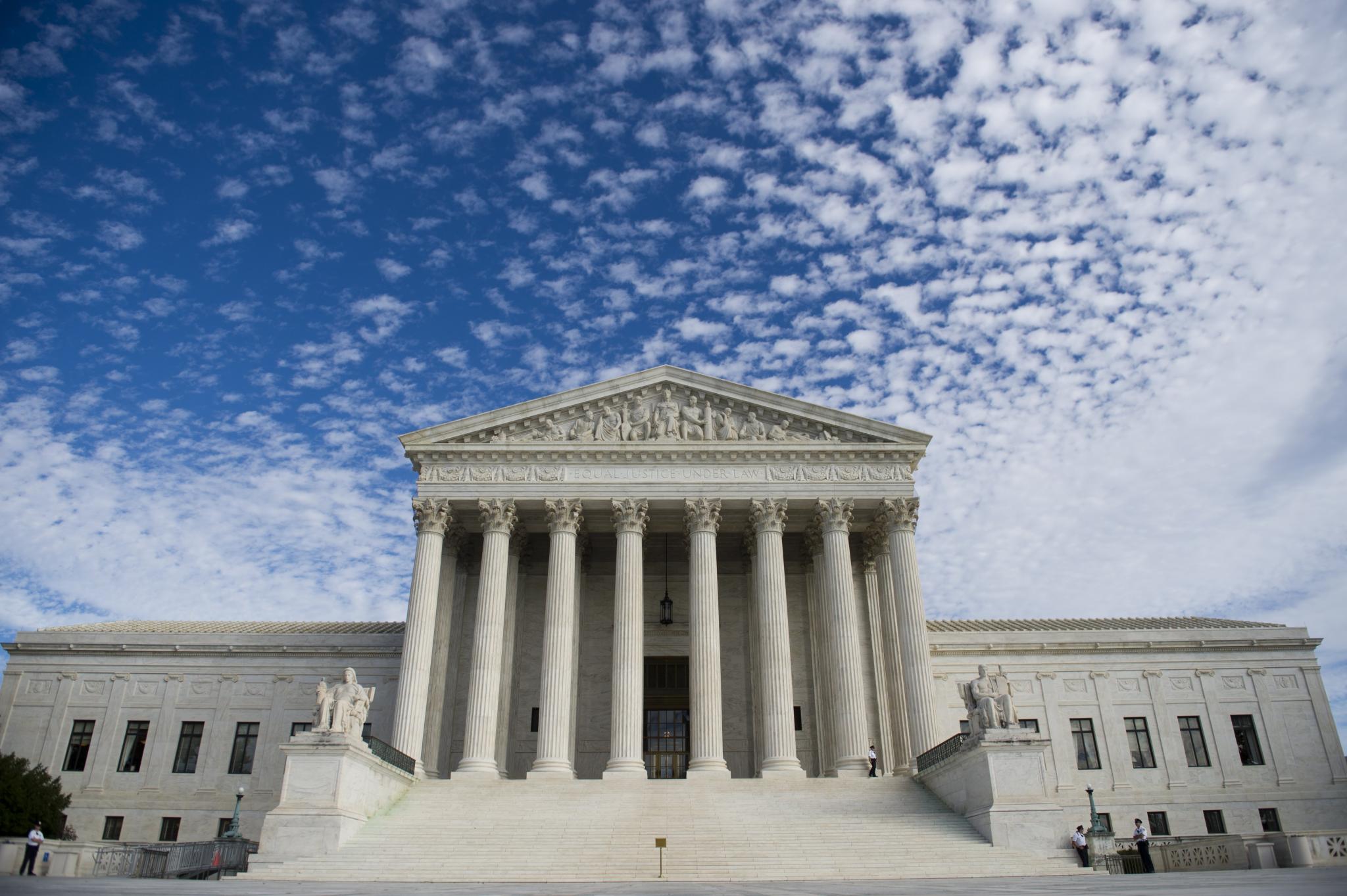
The Supreme Court has blocked the execution of a Texas man because of racially-discriminatory testimony used in his murder trial over two decades ago.
Duane Buck was sentenced to death in 1996 after murdering his former girlfriend. A psychologist used by the defense team claimed that Buck would be more dangerous in the future because he was African-American.
The Supreme Court argued that such testimony from the defense was even more prejudicial against their client, depriving him of effective counsel and leading to his death penalty sentence.
“Buck may have been sentenced to death in part because of his race,” Chief Justice John Roberts said. “As an initial matter, this is a disturbing departure from a basic premise of our criminal justice system: Our law punishes people for what they do, not who they are.”
The 6-2 ruling by the court allows Buck to either receive a new sentence hearing, or his current sentence will be changed to life in prison. According to USA Today, Texas had agreed to reconsider cases with similar prejudicial testimonies in 2000, but chose to exclude Buck’s case because his biased testimony came from the defense.
Subscribe to our daily newsletter for the latest in hair, beauty, style and celebrity news.
“Today, the Supreme Court made clear that there is no place for racial bias in the American criminal justice system,” said Christina Swarns, litigation director at the NAACP Legal Defense and Educational Fund. “The court has reaffirmed the longstanding principle that criminal punishments – particularly the death penalty – cannot be based on immutable characteristics such as race.”
Justices Clarence Thomas and Samuel Alito dissented, saying there was enough evidence to justify the death sentence.